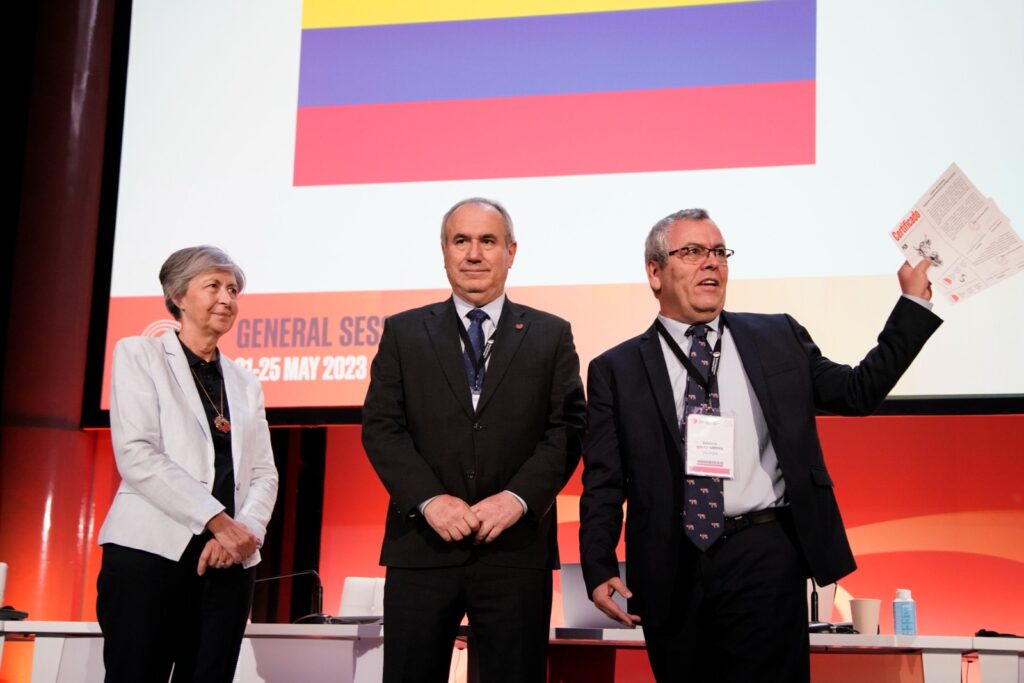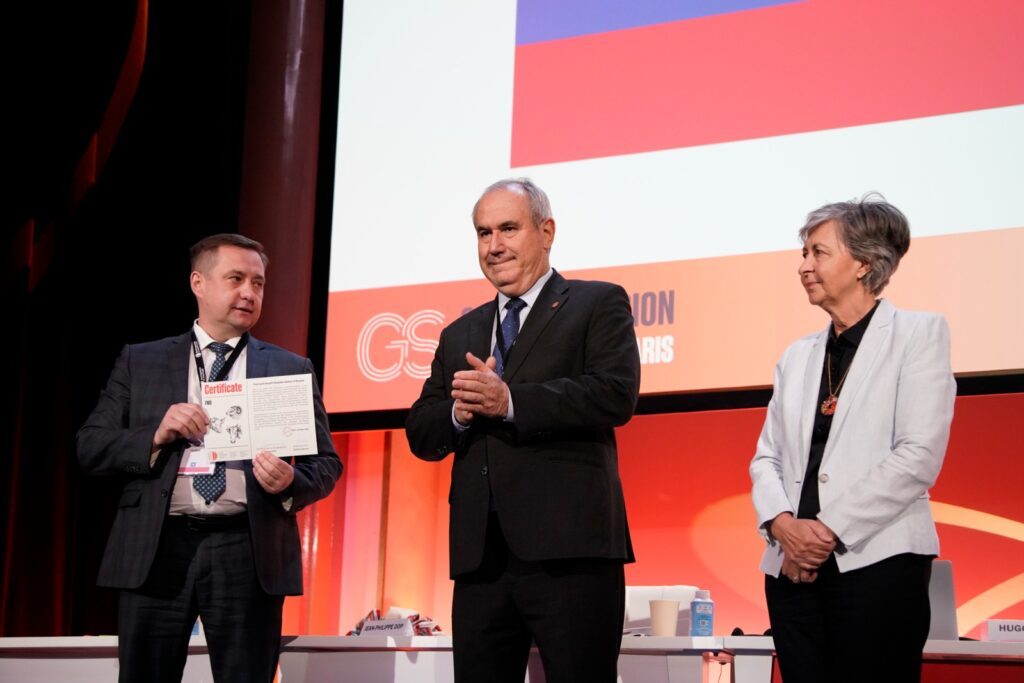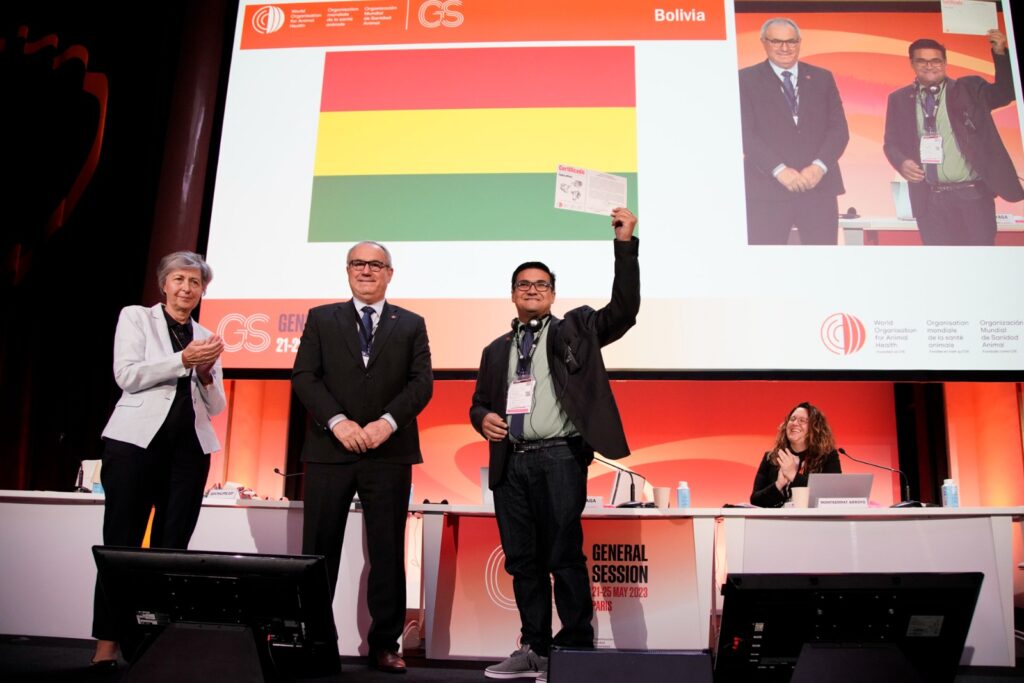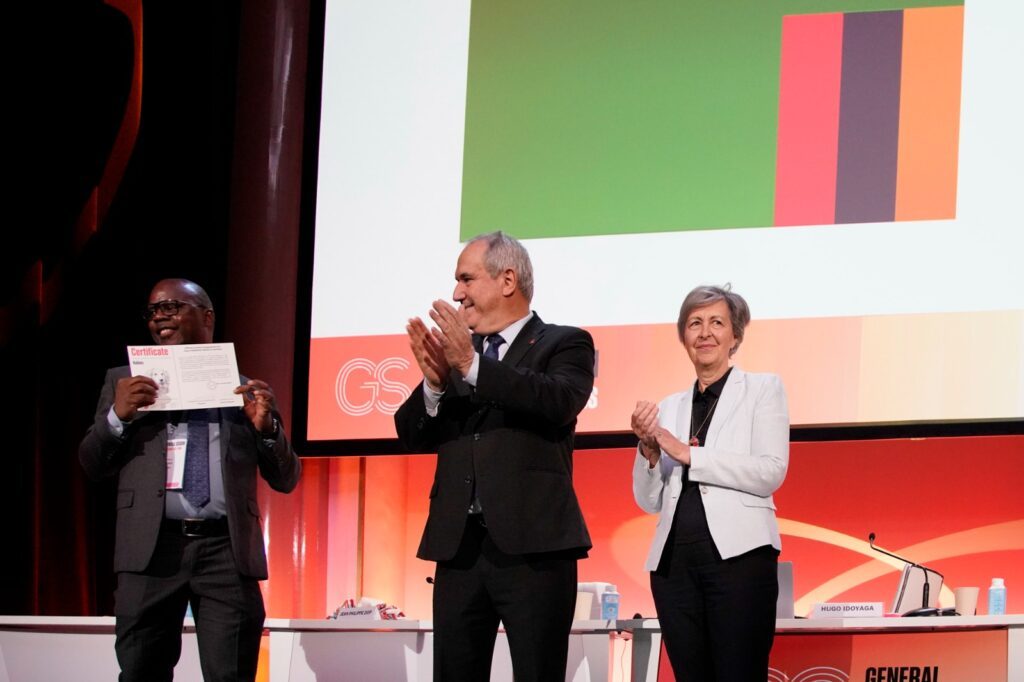New official animal health status and control programmes granted by WOAH

WOAH Members can apply for the official recognition of animal health status for six priority diseases on a voluntary basis. Such recognition is key to supporting national livestock economies, as it plays an important role in facilitating regional and international trade of animals and their products.
Several Members obtained official recognition of their animal health status for their entire territory or specific zones in 2022:
- Colombia was declared free of contagious bovine pleuropneumonia (CBPP);
- A zone in Colombia and a zone in Russia were declared free of foot and mouth disease (FMD) with vaccination;
- A zone in Bolivia was declared free of foot and mouth disease (FMD) without vaccination; For Bolivia, the entire territory is free of FMD and this recognition is an extension of the areas where vaccination is no longer practised.
These are important accomplishments in the fight against highly contagious diseases that cause high morbidity rates in livestock and significant economic losses. Such recognition is a significant achievement of Members in their disease control efforts and instrumental in helping Veterinary Services to get increased access to regional and international markets for trade.
Members can also submit their official control programmes for four diseases for assessment. This year, Zambia received the endorsement of their official control programme for dog-mediated rabies. This is a great step forward in the fight against this disease which still kills nearly 59,000 people every year. The ultimate objective will be to eventually eliminate the disease in the country and self-declare its freedom, thus contributing to the ‘Zero by 30’ global goal to eliminate human deaths from dog-mediated rabies by 2030.
Every year, applications for official animal health status recognition and control programme endorsement are reviewed through a very detailed process, which evaluates the sanitary measures in place and compliance of Members with WOAH international standards. Such recognition reflects the level of transparency and the quality of national Veterinary Services, ultimately contributing to the value of the livestock sector in countries.




